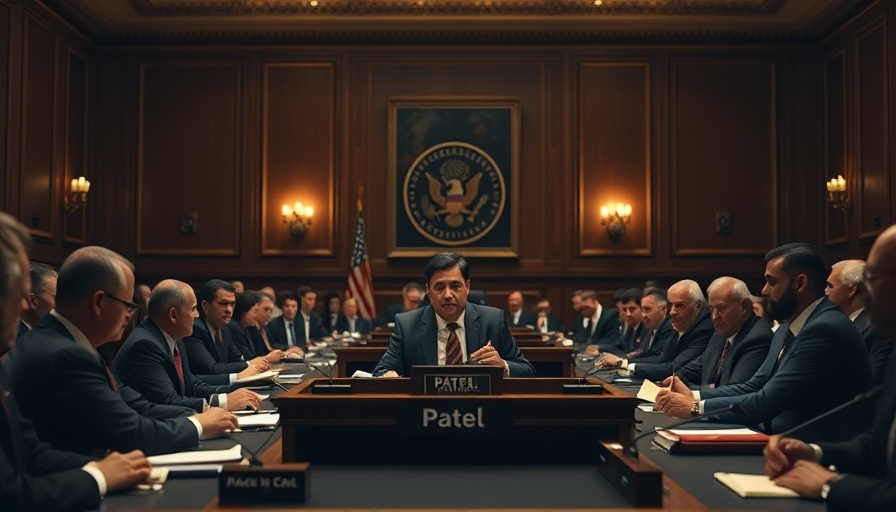
Understanding the Legal Landscape of Judicial Injunctions
The actions and decisions made by judges can significantly impact government operations and public policy. Recent discussions around judicial injunctions during President Trump’s terms have raised pressing questions about judicial authority and the scope of executive power. It’s noteworthy that Trump faced 64 injunctions during his initial term, dwarfing the numbers for other recent presidents: Bush with six, Obama with 12, and Biden at 14 thus far. This trend not only highlights legal battles but also reflects the growing tensions between judiciary commands and executive actions.
In 'Chairman Jordan on Injunctions Against President Trump', we explore the significant judicial challenges the president faces, raising crucial questions about the limits of judicial power.
Legislative Actions and Oversight
In response to what many see as overreach by certain judges, legislative steps are being proposed. According to Chairman Jim Jordan, new legislation aims to limit the breadth of judicial injunctions, suggesting that they should only apply within the jurisdiction where the ruling was made. This shift could lead to a more controlled judicial process and greater respect for the executive branch's constitutional authority.
The Call for Expedited Judicial Processes
Moreover, there’s an urgent need to minimize delays in addressing judicial decisions that challenge the powers of the presidency. Jordan's proposal includes mechanisms for expedited reviews and quicker appeals, targeting decisions that seem politically motivated, as some believe. This legislative response aims to ensure that when courts intervene against presidential authority, it doesn’t take an unreasonable amount of time to rectify those injunctions, a situation the public tires of endlessly.
Finally, the upcoming hearings led by Jordan will scrutinize the legitimacy of certain injunctions, questioning whether they infringe upon necessary executive decisions. For many conservatives, this represents an essential struggle to protect the balance of power as outlined in the Constitution, promoting a more robust advocacy for the rule of law and the well-being of the nation.
 Add Row
Add Row  Add
Add 




Write A Comment